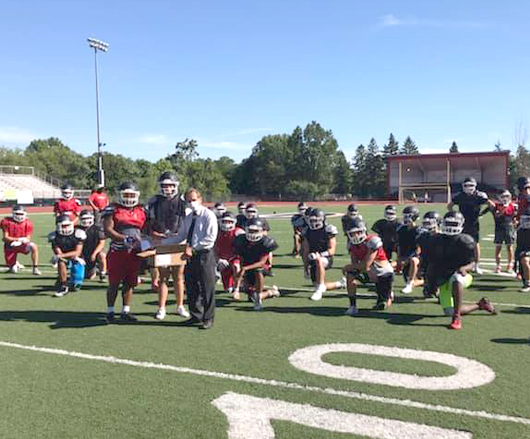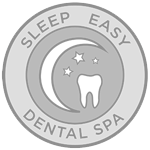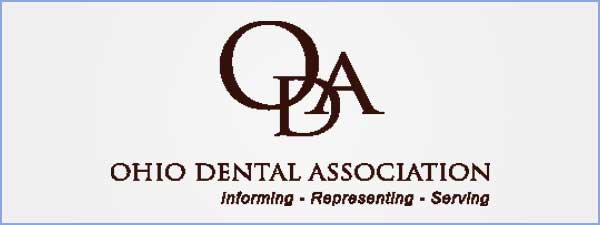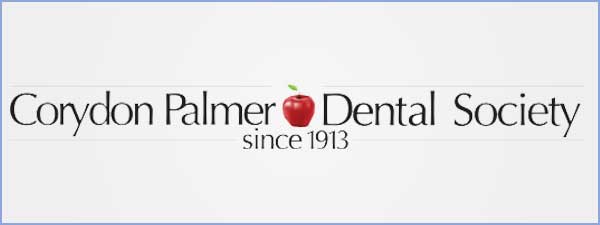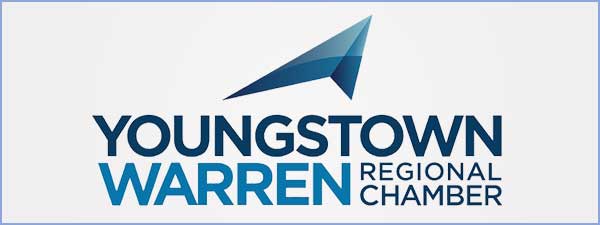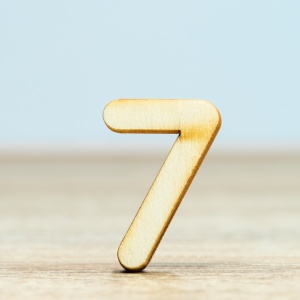
Sleep apnea is more common than many realize, yet it often goes undiagnosed because its early warning signs can be subtle. For residents, catching these early red flags is crucial—not just for better sleep, but for long-term health. Dentists play an important role in identifying hidden patterns during regular checkups. In fact, issues in the mouth, jaw, and airway that may indicate sleep apnea are frequently initially observed by dental specialists.
In our previous blog, we discussed the risks of untreated sleep apnea and the need to seek help from a sleep apnea specialist. In this blog, we will go through the seven signs of sleep apnea that are common in individuals.
Sleep Apnea Symptoms That Doctors Want You to Know
If you’ve been wondering whether your symptoms are just from stress or lifestyle—or something more—this guide will help. Below are seven subtle but telling signs of sleep apnea that dentists frequently notice in their patients.
-
Frequent Morning Headaches
Headaches that appear first thing in the morning may be caused by reduced oxygen levels during the night. When airflow is blocked repeatedly, the brain receives less oxygen, creating vascular changes that trigger pain upon waking. Many patients dismiss these headaches as stress-related or from poor sleep posture, but dentists know they often signal something more. If headaches are persistent and paired with daytime fatigue, they are worth investigating as a possible sleep apnea symptom.
-
Dry Mouth and Sore Throat in the Morning
Persistent dry mouth is more than just uncomfortable—it often points to mouth breathing caused by airway obstruction. This habit dries out oral tissues, making gums more vulnerable to decay, inflammation, and bad breath. A sore throat upon waking is another sign that your airway may not be functioning properly during the night. If this symptom continues, consulting a provider for sleep medicine in Youngstown can provide answers and effective treatment options to restore both oral and overall health.
-
Unexplained Tooth Wear (Bruxism)
Grinding or clenching teeth during sleep is called bruxism, and it’s closely linked to disrupted breathing. The body automatically contracts the jaw to try to regulate breathing as the airway grows narrower. Over time, this leads to flattened tooth surfaces, cracks in enamel, or even sensitive teeth. If you’re waking with sore jaws or chipped teeth, it’s time to consider whether apnea may be at play.
-
Worn or Receding Gums
Gum health can reveal surprising insights about sleep quality. Reduced airflow and mouth breathing often lead to chronic gum irritation, dryness, and even recession. Because gum disease is linked to more serious health risks, such as heart disease and diabetes, dentists are quick to flag changes. A referral to an apnea specialist in Hudson can help determine whether gum problems are tied to disrupted nighttime breathing.
-
Loud Snoring Noticed by Others
One of the most obvious symptoms of sleep apnea is loud, regular snoring, which is sometimes written off as a bother. It occurs when soft tissues in the airway vibrate due to restricted airflow. Dentists may also look for oral changes, like enlarged tongue size or a narrow airway, that correlate with snoring. If your loved ones have mentioned loud snoring, it could be your body’s way of signaling breathing troubles that require attention.
-
Unexplained Daytime Fatigue
Perhaps the most frustrating and life-altering symptom of sleep apnea is constant fatigue. Even if you’ve been in bed for seven or eight hours, frequent breathing interruptions prevent your body from entering restorative deep sleep stages. The result is grogginess, irritability, and difficulty focusing during the day. Residents seeking long-term solutions can benefit from expert care at an advanced dental sleep treatment center in Girard, where specialists tailor treatment to restore healthy sleep patterns.
-
Jaw Pain and TMJ Issues
The temporomandibular joint (TMJ) plays a crucial role in jaw movement and stability. When sleep apnea forces the body to reposition the jaw during the night, it often results in stiffness, popping, or pain the next morning. Additionally, patients may experience trouble expanding their mouths completely or chewing. Dentists are skilled at identifying TMJ strain during exams, and many connect these issues directly to sleep disturbances.
Conclusion:
Sleep apnea doesn’t just rob you of rest—it affects your overall health, energy, and daily performance. You can take action sooner if you identify these mild sleep apnea symptoms in Niles. From morning headaches to jaw pain, dentists are skilled at spotting the signs and guiding patients toward recovery. If you suspect you might be affected, don’t wait—schedule a consultation and take the first step toward healthier, more restorative sleep. Call us now at (330) 759-4550!

